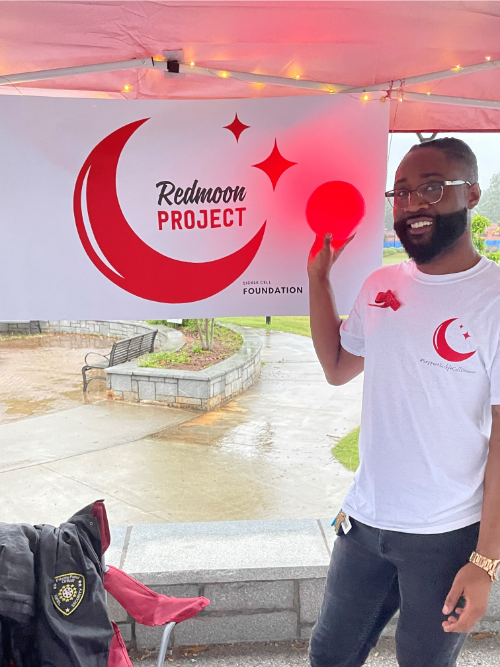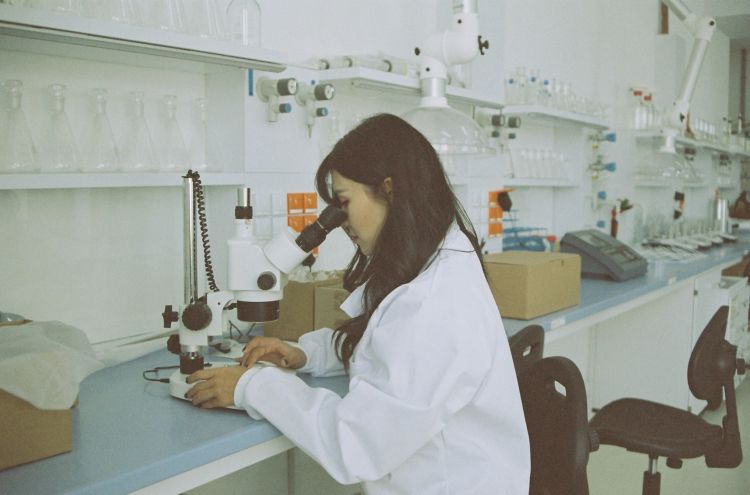Patient’s Corner: Living with Chronic Illness Vol. 1
By Dorothy Leon-Glasser
Chronic illness is a disease, condition, or injury that can last years or a lifetime and is typically not curable. In some cases, it may go into remission, however for most patients it is a lifetime journey. It can vary in its severity, with some people able to work and live a somewhat active lifestyle; while others are very sick and may even be homebound. For many people there can be long breaks between subsequent episodes of illness. No matter how frequently they experience flares of their disease, patients must continue life on a daily basis until their symptoms can be treated effectively enough to subside again.
Many people with chronic illness have an invisible disease. The severity of their symptoms is not clearly noticeable, which may lead to a lack of understanding and support from doctors, family, friends, coworkers and the public. From many years of caring for chronically ill patients, and being on my own chronic illness journey, it is a fact that ‘no one wants to feel sick’. People with chronic illness are not lazy. The truth is, chronic illness fatigue is more than what a healthy person experiences as ‘being tired’. Once fatigue kicks in, it’s as if the body “hits a wall” and can’t go further. Being chronically ill is like being on an emotional roller coaster. Chronic illness can change the biochemical makeup of the mood control center in the brain, triggering many emotions.
Just before reaching the age of 20, working as a nurse, I became seriously ill. I was unable to eat, dress myself, could barely speak and was completely bed-ridden. I felt like a huge tractor-trailer ran me over and didn’t leave a license number! I was given multiple medications and went through many clinical trials and experimental treatments. After pain-staking tests, doctor examinations, hospital admissions and years of more questions than answers, I was diagnosed. I had a serious chronic illness with a poor prognosis. Through years of much trial and error, self-awareness techniques, counseling, an exceptional health team and much support; I had a new way to live with illness and a new attitude about wellness.
Cory Lewis, Director of Red Moon Project, Sickle Cell Disease shared some challenges of living with sickle cell disease.
“Some obstacles that have been challenging while living here in Georgia is that a lot of the doctors here are still short on knowledge when it comes to sickle cell patients, the culture around sickle cell disease, and the sickle cell types; as they all tend to react and affect the patient differently.”
Cory affirms that many sickle cell patients are:
- Forced to look for work that offers benefits to help with medical insurance, however, a lot of these jobs that have benefits require long hours. This can cause stress in the house being away from the ones at home, making sure you don’t lose your job.
- Constantly have to prove they have an illness, even to health professionals, that people cannot see so they deny disease severity.
- Manage their illness and our health care system with limited resources.
- Face stigma and discrimination from medical team and the public who believe the patient is responsible for being sick.
- Fight to be acknowledged as individuals each having a unique experience with unique symptoms and side effects from chronic sickle cell disease.
Cory shared his story of his emergency medical experience when he started to have symptoms of renal failure.
“After moving to Georgia and working, I began to experience fainting and vaso-occlusion to my organs. My kidneys began to fail and my sickle cell was more sensitive than ever before. I was transported to the hospital. A doctor came into the room and automatically assumed I was drug seeking. He looked in my eyes and said ” You don’t have jaundice in your eyes; I don’t see any sickle cell”. He then politely walked out of the room. I was so surprised because I have never been told this, nor have I ever experienced this reaction from any physician. The physician did not leave any treatment orders. Fortunately, a nurse walked in with two cups of water since I was feeling dehydrated.
This was my first time on my own as a young adult tending to my illness. I was shocked to get hit with this stigma and discrimination from the medical staff. It is not only intimidating to hear a doctor tell you that you don’t have sickle cell but disrespectful when he ignores my knowledge of my body and illness as a sickle cell patient.”
The Ga Bio Patient Advocacy Alliance wants to dispel the myths surrounding chronic illness while telling the story of our advocates who battle their own disease, even as they help others live better lives with theirs. We will be sharing the challenges of having a chronic illness and how we, as patient advocates, can help medical professionals, resources agents and the general public expand their knowledge of what it is like to successfully live with a chronic disease.
In the future, we will continue to hear from other patient advocates who work with people battling chronic illness. We can all make a difference in the lives of those who are ill by gaining a better understanding of what it means to live with a chronic illness. With more understanding of the uniqueness of symptoms and coping skills, we will help make these diseases less “invisible”.
To learn more about Cory and The Red Moon Project, Inc. click here
.

Executive Director, Advocates for Responsible Care
Co-Chair, Georgia Bio Patient Advocacy Alliance

Director, Red Moon Project
The post Patient’s Corner: Living with Chronic Illness Vol. 1 appeared first on Georgia Bio.





